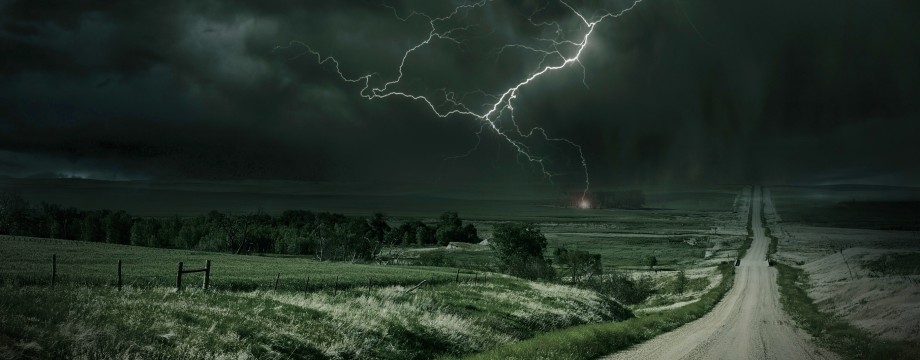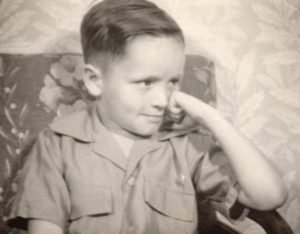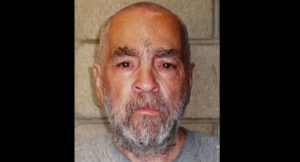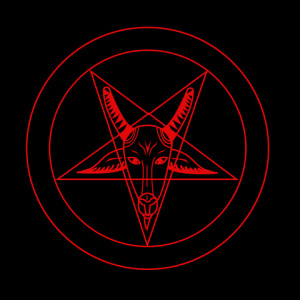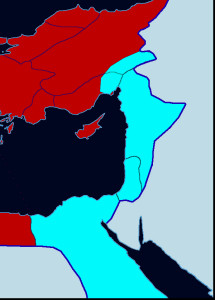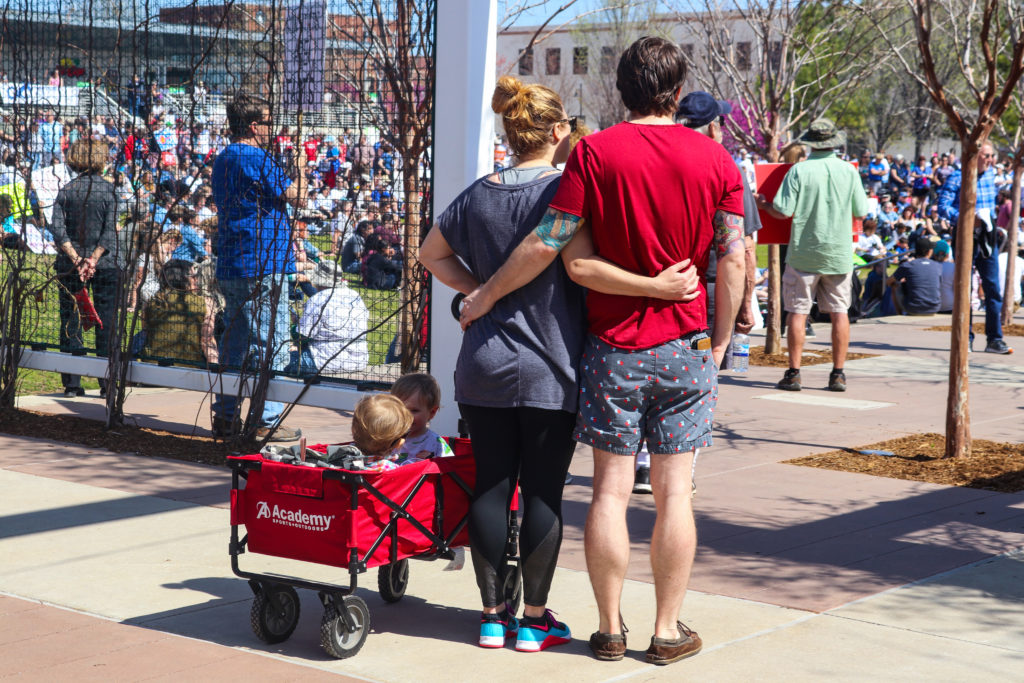
If you are like me, you look around at the world around you and are stunned at how much has changed and at how quickly it has changed. Things formerly unthinkable are being hailed as acceptable and even celebrated. Infanticide, cross-dressing boys dancing before gay men and naked transvestites in bars and clubs, and the demolition of the classic Judeo-Christian values that this nation was built upon are literally applauded while the persecution of Christians in America is picking up steam. Truthfully, the world is getting to be a scary place to be. But things are happening so quickly, it is hard to take time to evaluate where we are at and what should be our response.
This blog is just an easel for me to write down my thoughts about a wide variety of subjects. But this morning, as I was seeing what happened in the last 24 hours, I ran into an article in the New York Times that brought me back to the foundation of what has gotten us to this point that I no longer recognize the land I grew up in. There was an article published by Julia Scheeres on January 25, 2019 entitled “Raising Children without the Concept of Sin: My religious fundamentalist childhood was built around the fear of sin. My daughters don’t even know the word.”
In the article, Mrs. Scheeres details her fundamentalist Calvinist upbringing and the restrictions that bound her with chains of fear and isolation in rural Indiana. She equates this raising with Christianity and specifically struggles with the concept of sin that she was indoctrinated with from an early age. Later, she writes with the relief of breaking out of that environment and meeting others in the world, constructing her own moral structure that she has now indoctrinated her children in. Mrs. Scheeres has hidden all vestiges of her religious upbringing from her children and writes as one who while attempting to relay a sense of peace in a world without religion, still has this nagging discomfort about the theological teachings that she has left behind. While on the one hand, the article is meant to show how you can have a moral structure without a religious foundation – in the end, it shows the opposite to be true. In fact, one can not reasonably discuss a subject such as morality without a religious foundation of some sort to it – something the author seems to recognize as she speaks of her response to her daughter asking her the simple question ‘what is sin?’:
“By failing to teach my child the meaning of the word sin, had I somehow failed to give her a moral foundation? ” (https://www.nytimes.com/2019/01/25/well/family/raising-children-without-the-concept-of-sin.html)
What she doesn’t seem to grasp is that her trepidation is rooted in her unpleasant experiences of things that happened in her past rather than any objective validity or lack of validity to the concepts of sin or judgment or eternity or God or theology. She states ” Sin. That tiny word still makes me cringe with residual fear. Fear of being judged unworthy. Fear of the eternal torture of hell. Fear of my father’s belt. ” So, in other words, she doesn’t want to subject her children to the horrors she has alleged occurred during her childhood so she has attempted to throw the baby out with the bathwater. But, she can’t quite do it.
You see, even though she has distanced herself from her fundamentalist Hyper-Calvinist upbringing (which is frankly strange to me as a fundamentalist Calvinist since nowhere in her narrative does she say she was taught about the corner of Calvinist belief and that is the little word GRACE or SALVATION or even LOVE.) she can not get away from the language of the moral foundation that was instilled in her. The very concepts of morality, ‘better’, and ‘injustice’, terms she uses in her essay – are meaningless without a moral lawgiver. Let’s just take the statement she made towards her daughter and dissect it in an objective manner. ” She did have a moral code — one she followed not from obligation, but from her own desire to make the world a better place. “
First, she states her daughter has a moral code. Where does she get this code? Well a few paragraphs earlier she states she is trying to raise her children according to her own moral code? This moral code finds virtue in being an engaged world citizen, helping the homeless, marching in parades for various causes, fighting against gun violence, standing up against bullying and embracing liberal political causes. It is a moral code that includes no theological instruction and keeps her children just as in the dark about the Christian world as her parents kept her about the secular world. In short, it is a distorted view of reality.
Second, she states her daughter does what she does not from obligation but from her own desire to make the world a better place? Question regarding this one is who defines what makes the world a better place? This month, in the news, New York State, Vermont, and Virginia all passed or considered laws that they felt would make the world a better place by allowing children to be killed in their mothers wombs all the way to the point that they were at term. Ohio, Alabama, and Kentucky on the flip side are considering bills that will outlaw abortion once a heartbeat is heard. Who gets to decide what is morally right here?
In Washington, we are being lectured that to want a wall or to detain illegal immigrant families is immoral, and yet, the Democrats have helped fund walls in other nations to keep peace and safety for other countries for years. The leadership itself advocated for it for years until President Trump took office. So, what is morally right? Who decides? Does morality change? Society? What if society decides that certain races or political or religious or sexual persuasions have to go?
My point is that you simply can’t have a concept of morality if your foundation is based up your personal feelings or beliefs on subjects – because no two people are going to agree perfectly on what is moral and no two societies will either. Without an external force, a moral lawgiver, to speak of moral foundation is nonsense. You don’t have an epistemological leg to stand on outside of the Moral lawgiver and therefore can’t logically use terms such as moral or good or bad or better or worse because those terms have no anchor by which they can be defined outside of God. You only have preference, and for now, her 9 year old child prefers what her mom taught her to prefer and that is the wild liberal world where everyone does what is right in their own eyes and the dogma of the day is openness and inclusion and the peoples right to be what they were born to be – that is of course unless they were born to be straight, conservative, Bible-believing Christians who want to tell the world about Jesus.
God is real and Carl Sagan is dead. The world that this mother has constructed for her children is not real because in trying to avoid the ditch her parents went in, she has created an equally deep ditch on the other side and has hidden a whole other world from her children that is just as real to many of us as the crusades for ‘justice’ are for the author. And, as an American I say that is fine. She has the right to raise her child any way she believes is right. But, as a Calvinist, I can’t help but hope that someday, when she’s in her teen years, that she meets some well-balanced Christians and starts hiding a Bible under her pillow and becomes the light to that household that helps to thrust out the distortions from misapplied fundamentalist dogma and the shifting sands of liberal ideology. God is Sovereign, and if He is willing, this family can indeed be saved to His glory and their eternal good. That is my prayer.

